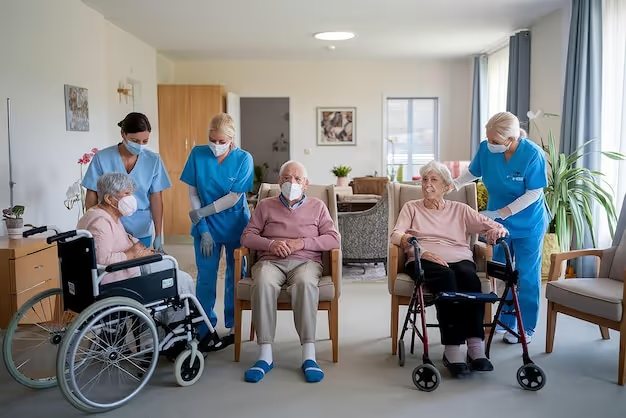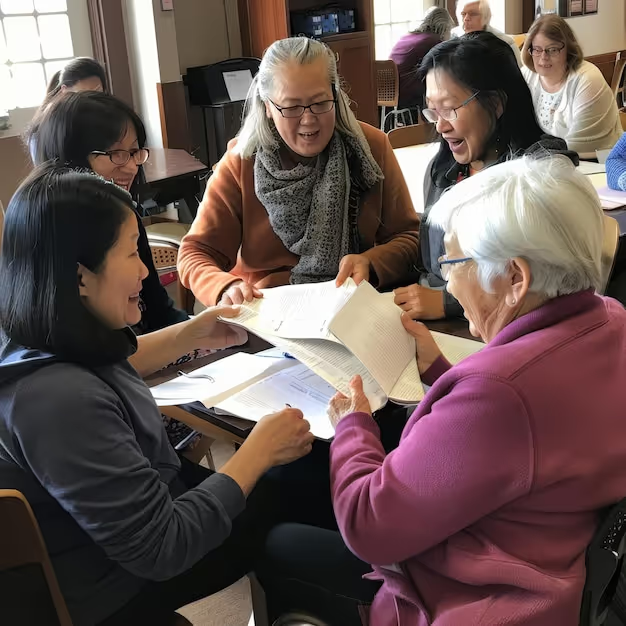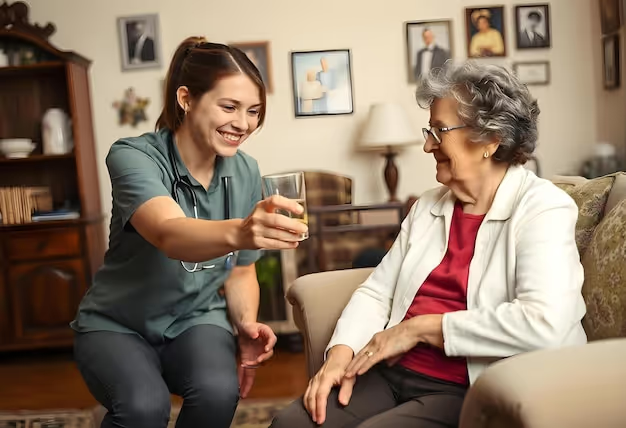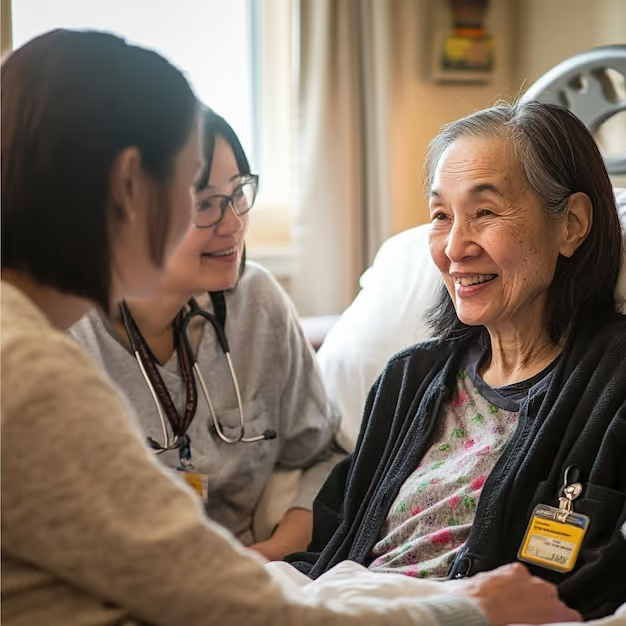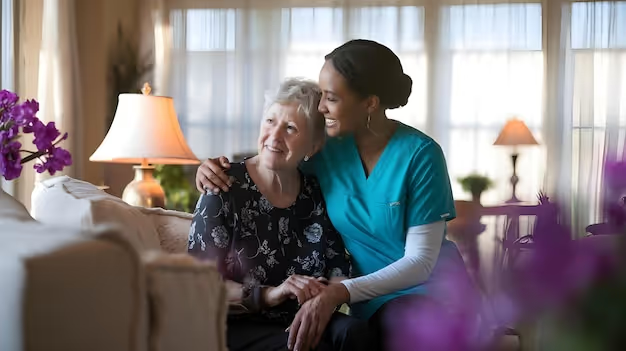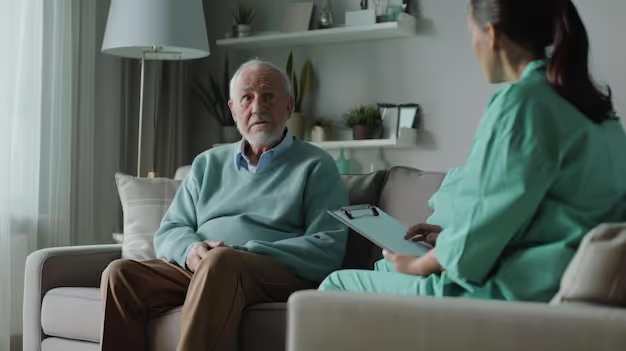Coordinating with Family Physicians in Concierge Home Care
Experience seamless coordination with family physicians in concierge home care. Enhance patient care and tailor treatment plans for improved outcomes.

Importance of Coordination in Home Care
In the realm of concierge home care, effective coordination plays a vital role in ensuring the well-being of patients. This coordination is especially important when it comes to coordinating with family physicians. Let's explore two key aspects of this coordination: enhancing patient care and tailoring treatment plans.
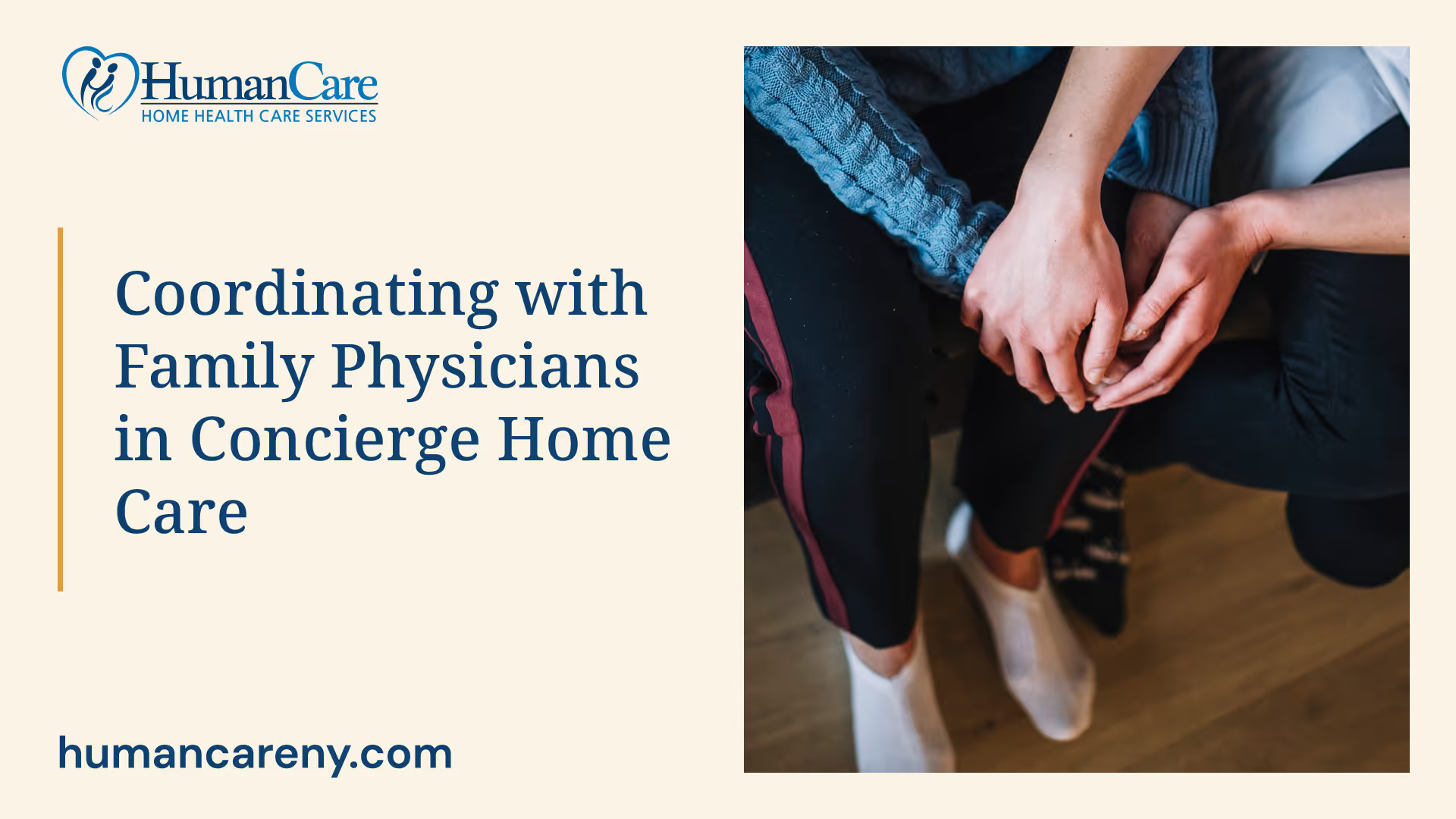
Enhancing Patient Care
Coordinating with family physicians in concierge home care settings is essential for enhancing patient care. Family physicians act as the central point of contact, overseeing the patient's care and ensuring that all aspects of their health are considered [1]. By working closely with other healthcare professionals, family physicians facilitate seamless communication and collaboration.
This coordination allows for a holistic approach to patient care. Family physicians collaborate with a network of healthcare providers, including specialists and ancillary services, to address the various healthcare needs of the patient. By bringing together a team of experts, family physicians ensure that all aspects of the patient's health are considered, leading to comprehensive and personalized care.
Tailoring Treatment Plans
Coordinating with family physicians in concierge home care also enables the development of tailored treatment plans. Family physicians play a crucial role in managing patient treatment, starting with initial assessments, diagnosing conditions, and developing personalized care plans that cater to each patient's specific needs [1].
By understanding the unique medical history, preferences, and goals of the patient, family physicians can customize the treatment plan to meet their specific requirements. This personalized approach ensures that the patient receives the most effective and appropriate care. Family physicians monitor the patient's progress, adjust treatments as necessary, and provide ongoing support and guidance throughout the care journey.
Through the coordination between family physicians and other healthcare providers, patients in concierge home care receive comprehensive and tailored care that addresses their individual needs. This collaboration ensures that all healthcare professionals involved are aligned, leading to a cohesive and integrated approach to care.
By prioritizing coordination with family physicians in concierge home care, patients benefit from enhanced care and treatment plans that are tailored to their unique circumstances. The central role of family physicians in this coordination ensures that patients receive the comprehensive and personalized care they deserve.
Role of Family Physicians in Concierge Home Care
In the realm of concierge home care, family physicians play a vital role in coordinating and delivering high-quality medical services. They act as a central point of contact and develop personalized care plans that cater to the specific needs of each patient.
Central Point of Contact
Family physicians in concierge home care serve as the primary point of contact for patients, overseeing and managing their overall treatment plan. They act as advocates, helping patients navigate the healthcare system and providing guidance on treatment options. By having a central point of contact, patients can experience a seamless and coordinated approach to their healthcare needs.
Personalized Care Plans
Concierge home care recognizes the importance of personalized care, and family physicians are instrumental in developing individualized care plans tailored to the unique needs of each patient. Through initial assessments and ongoing monitoring, family physicians diagnose conditions, track progress, and adjust treatments as necessary. This personalized approach ensures that patients receive the most effective and appropriate care.
Family physicians in concierge home care are committed to providing comprehensive and patient-centered care. They emphasize preventive measures and early intervention, particularly for patients with complex medical conditions. By integrating family physicians into the care team, concierge home care ensures that patients receive the highest standard of medical care while enjoying the benefits of personalized attention and convenience.
In conclusion, family physicians have a crucial role in concierge home care. They act as the central point of contact, managing and overseeing the overall treatment plan, and provide personalized care plans tailored to each patient's specific needs. By integrating family physicians into the care team, concierge home care ensures comprehensive and patient-centered care, contributing to the success of the concierge care model.
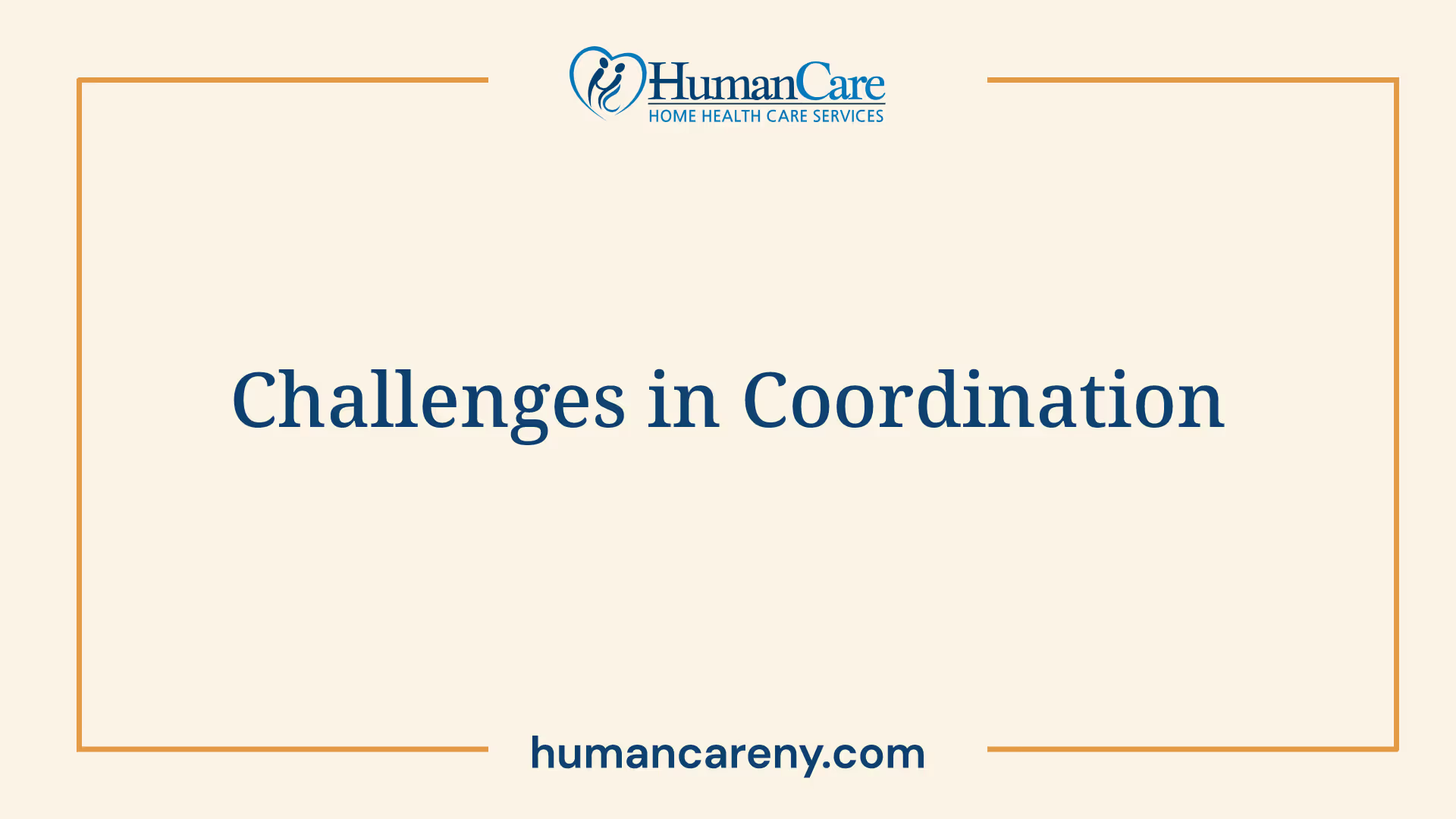
Challenges in Coordination
Coordinating with family physicians in concierge home care can present various challenges that need to be addressed for effective collaboration and patient care. Two significant challenges in this regard are differences in medical practice and a lack of communication.
Differences in Medical Practice
One of the primary challenges in coordinating with family physicians in concierge home care is the potential differences in medical practice. These differences can stem from variations in service delivery, remuneration methods, and a lack of knowledge about each other's field of practice. Overcoming these challenges requires improved understanding and communication among healthcare professionals.
To ensure seamless coordination, it is crucial for family physicians and concierge home care providers to establish clear lines of communication and create a shared understanding of their respective roles and responsibilities. This can be achieved through regular meetings, joint training sessions, and ongoing collaboration. By addressing and accommodating the differences in medical practice, healthcare professionals can work together more effectively to deliver optimal care to patients.
Lack of Communication
Another significant challenge in coordinating with family physicians in concierge home care is a lack of communication. In some cases, there may be limited options for concierge doctors in certain areas, making it difficult to find the right healthcare provider who aligns with the patient's needs and preferences [2]. Additionally, unrealistic expectations and a lack of trust can hinder effective communication between patients and their concierge doctors [2].
To overcome these challenges, open and transparent communication channels need to be established between all parties involved. Patients should feel comfortable expressing their expectations and concerns to their family physicians and concierge home care providers. Likewise, healthcare professionals need to actively listen to patients, address their questions, and provide clear explanations of treatment plans. Building trust and rapport is essential in fostering effective communication and ensuring that patients receive the most valuable care from their concierge home care team.
By recognizing and addressing the challenges related to differences in medical practice and communication, family physicians and concierge home care providers can work together to overcome these obstacles. Through improved coordination and collaboration, they can provide comprehensive, personalized care that leads to improved patient outcomes and enhanced overall well-being.
Managing Patient Treatment
In concierge home care, effective management of patient treatment is essential for providing high-quality and personalized care. Family physicians play a critical role in this process by conducting initial assessments and developing personalized care plans tailored to each patient's specific needs. Let's explore the two key aspects of managing patient treatment: initial assessments and personalized care plans.
Initial Assessments
Family physicians in concierge home care act as the primary point of contact for patients, overseeing the overall treatment plan. They begin by conducting thorough initial assessments to evaluate the patient's health status, medical history, and current needs. These assessments involve gathering comprehensive information about the patient's physical and emotional well-being.
During the initial assessment, the family physician may perform physical examinations, review medical records, and conduct interviews with the patient and their caregivers. This process helps the physician gain a holistic understanding of the patient's health condition and identify any underlying issues that may require attention.
Personalized Care Plans
Based on the findings from the initial assessment, family physicians develop personalized care plans that are tailored to meet the specific needs of each patient. These care plans outline the recommended treatments, medications, therapies, and interventions necessary to address the patient's health concerns.
The personalized care plans take into account various factors such as the patient's medical history, current health condition, lifestyle, and preferences. The family physician collaborates closely with the patient, their caregivers, and other members of the care team to ensure that the care plan aligns with the patient's goals and aspirations.
Throughout the treatment process, family physicians monitor the patient's progress, regularly reviewing and adjusting the care plan as necessary. They provide ongoing support, guidance, and education to both the patient and their caregivers, empowering them to actively participate in their own care.
By conducting initial assessments and developing personalized care plans, family physicians in concierge home care ensure that patients receive comprehensive and individualized treatment. This approach promotes continuity of care, emphasizes preventive measures, and enables early intervention for patients with complex medical conditions. To learn more about other aspects of coordination in concierge home care, check out our articles on legal consultation services and concierge medicine partnerships.
In the next section, we will explore the collaboration between family physicians and medical specialists in concierge home care, highlighting the importance of effective communication and their shared goal in patient treatment.

Collaboration with Medical Specialists
In the realm of concierge home care, effective coordination and collaboration with medical specialists are crucial for providing comprehensive and personalized care to patients. Family physicians play a pivotal role in facilitating communication between themselves and the specialists involved in the patient's treatment, ensuring that all healthcare providers are aligned and working towards a common goal.
Facilitating Communication
Family physicians act as a central point of contact, serving as a bridge between the patient, the home care team, and the medical specialists. They facilitate effective communication by sharing pertinent medical information, test results, and treatment plans with the specialists. This ensures that all healthcare providers are on the same page, fully aware of the patient's medical history, current condition, and treatment goals.
Through regular communication and collaboration, family physicians enable specialists to make well-informed decisions regarding the patient's care. This collaborative approach helps prevent fragmented care and ensures that the patient receives the most appropriate and tailored treatment.
Common Goal in Treatment
Collaboration between family physicians and medical specialists is driven by a shared goal of optimizing the patient's health and well-being. They work together to develop comprehensive care plans that address the unique needs and preferences of each patient.
By combining their expertise, family physicians and specialists can leverage their respective knowledge and skills to provide the best possible care. This collaborative approach allows for a more holistic understanding of the patient's medical condition, leading to more accurate diagnoses, effective treatment strategies, and improved patient outcomes.
The coordination between family physicians and medical specialists in concierge home care is an essential component of delivering high-quality and seamless care to patients. By fostering effective communication and maintaining a common goal, healthcare providers can ensure that the patient's unique needs are met, and their overall well-being is prioritized.
For additional resources on concierge home care and related topics, you may find the following articles helpful:
- Legal consultation services in high net worth home care
- Concierge medicine partnerships in high net worth home care
- Coordinating medical appointments in concierge home care
- Virtual health services in concierge home care
Benefits of Effective Coordination
When it comes to coordination with family physicians in concierge home care, there are several key benefits that contribute to the overall quality of care provided to patients. Effective coordination between family physicians and other healthcare providers leads to comprehensive care and improved patient outcomes.
Comprehensive Care
Coordinating with family physicians in concierge home care ensures that all aspects of a patient's health are considered. Family physicians act as the central point of contact, overseeing the patient's care and collaborating with other healthcare providers to develop comprehensive treatment plans tailored to each patient's unique needs [1]. This comprehensive approach takes into account not only the medical conditions being treated but also the patient's individual circumstances, preferences, and goals.
By involving family physicians in the coordination of care, patients benefit from a holistic and proactive approach to their healthcare. Family physicians provide continuity of care, ensuring that all aspects of the patient's health are being addressed. They monitor the patient's progress, adjust treatments as necessary, and provide ongoing support and guidance [3]. This comprehensive care approach helps to prevent fragmented care and ensures that all healthcare providers are working together towards a common goal.
Improved Patient Outcomes
The involvement of family physicians in concierge home care has been shown to have a positive impact on patient outcomes. Family physicians play a crucial role in managing patient treatment by conducting thorough initial assessments, diagnosing conditions, and developing personalized care plans tailored to each patient's specific needs [1]. They provide a consistent and trusted source of medical expertise, offering continuity of care and monitoring the effectiveness of treatment plans.
With the support of family physicians, patients in concierge home care experience better management of chronic diseases, reduced hospital readmissions, and improved overall health and well-being [3]. Family physicians emphasize preventive measures and early intervention, ensuring that potential health issues are identified and addressed proactively.
By coordinating with family physicians, patients receive personalized care plans that consider their specific needs and goals. The involvement of family physicians in the coordination process helps to optimize care delivery, leading to better health outcomes for patients.
In summary, effective coordination with family physicians in concierge home care provides comprehensive care that takes into account all aspects of a patient's health. This collaborative approach leads to improved patient outcomes, ensuring that patients receive the highest quality of care tailored to their individual needs.
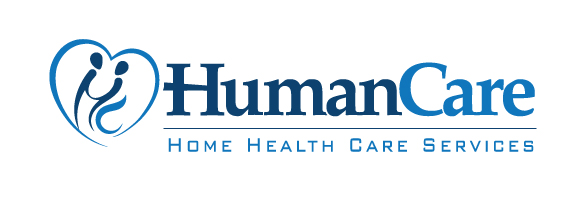

.avif)





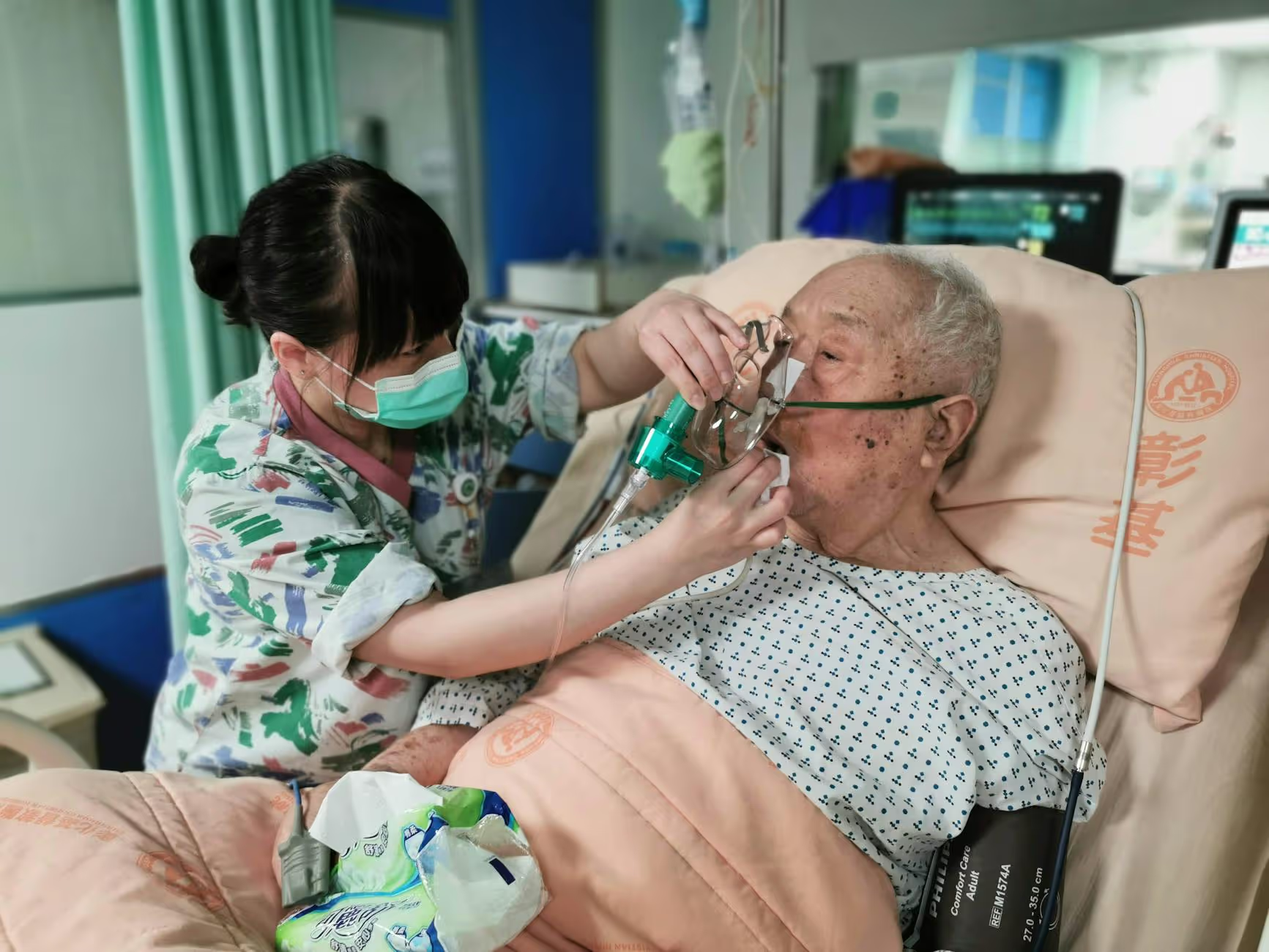
.avif)
.avif)
.avif)
.avif)







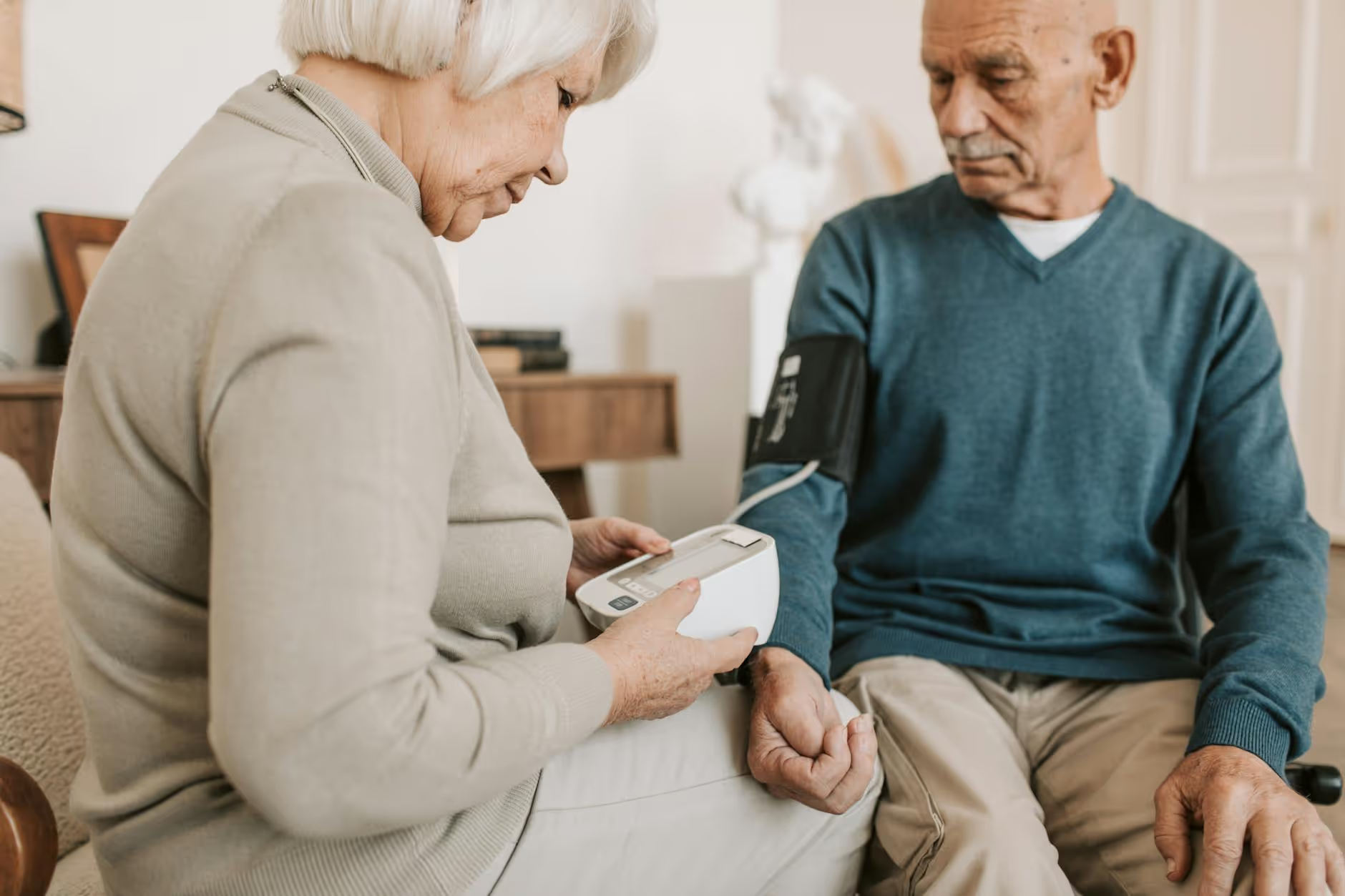








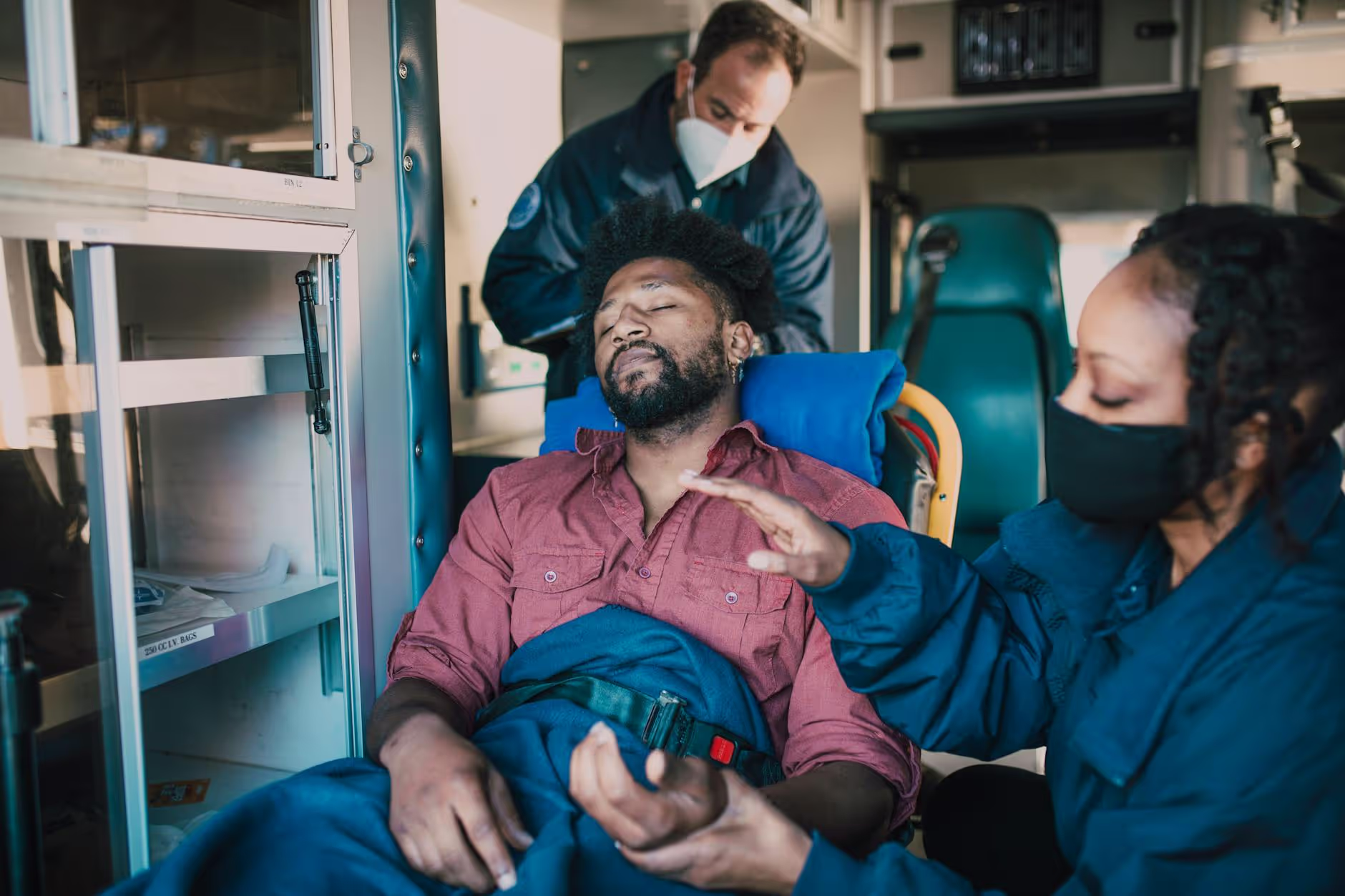






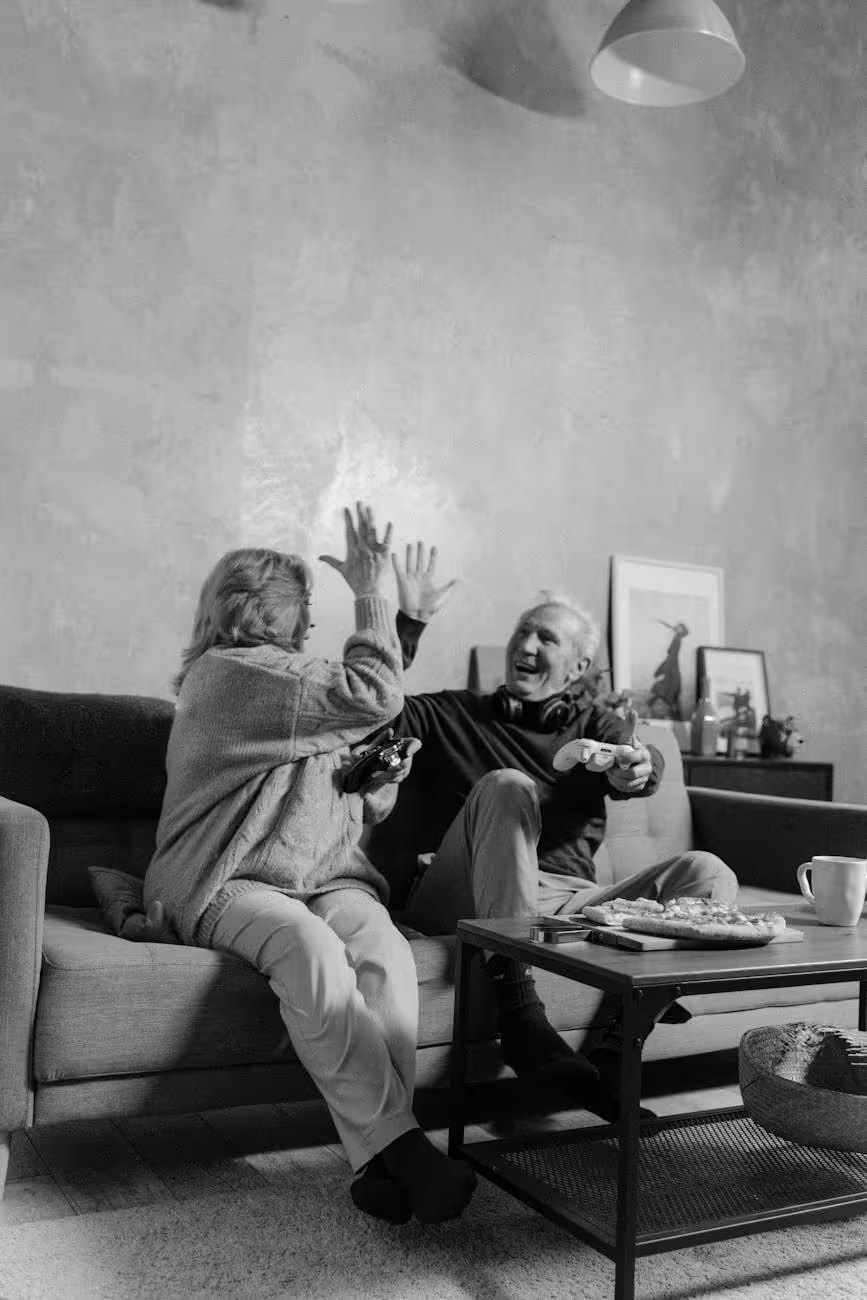

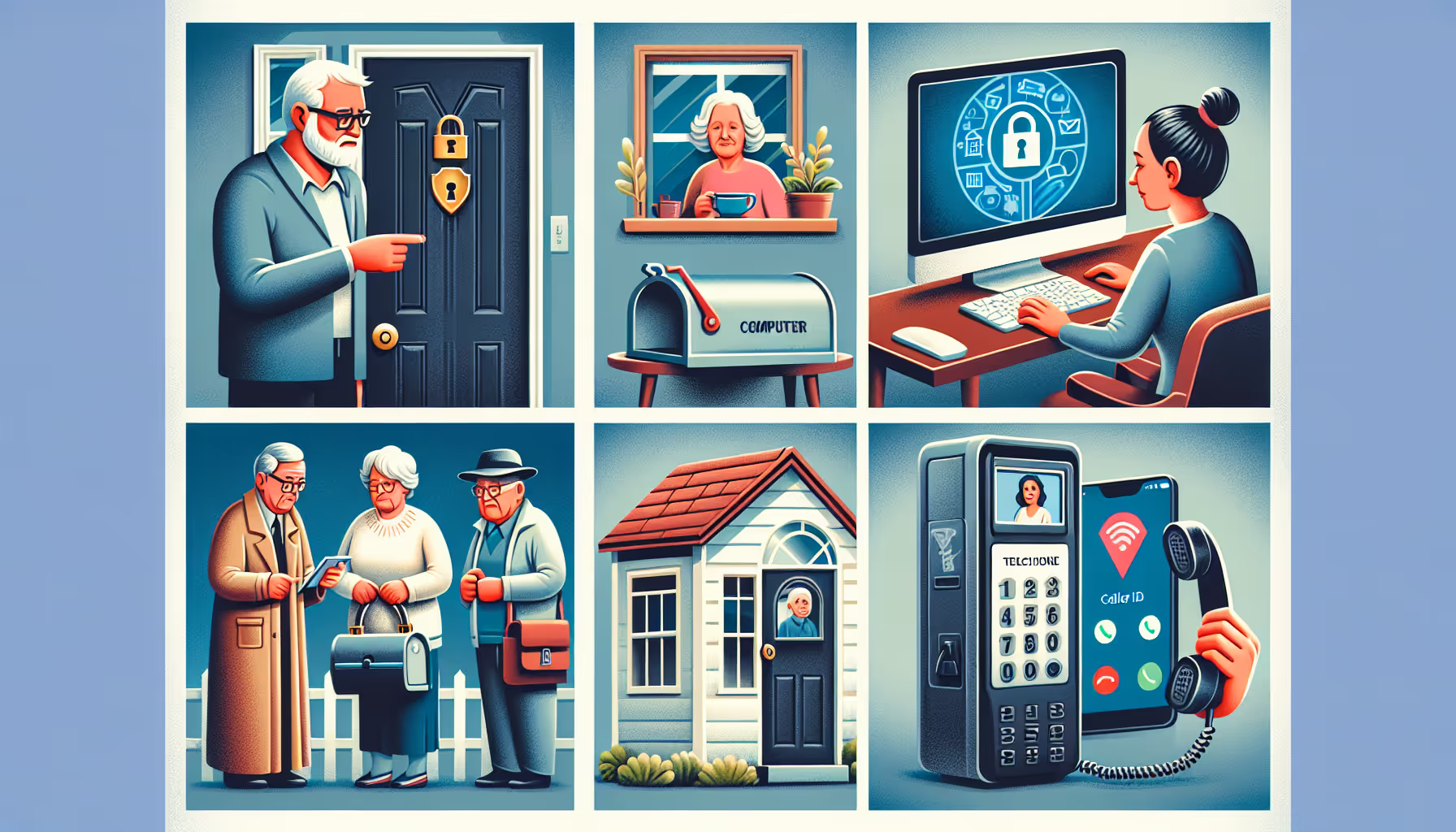
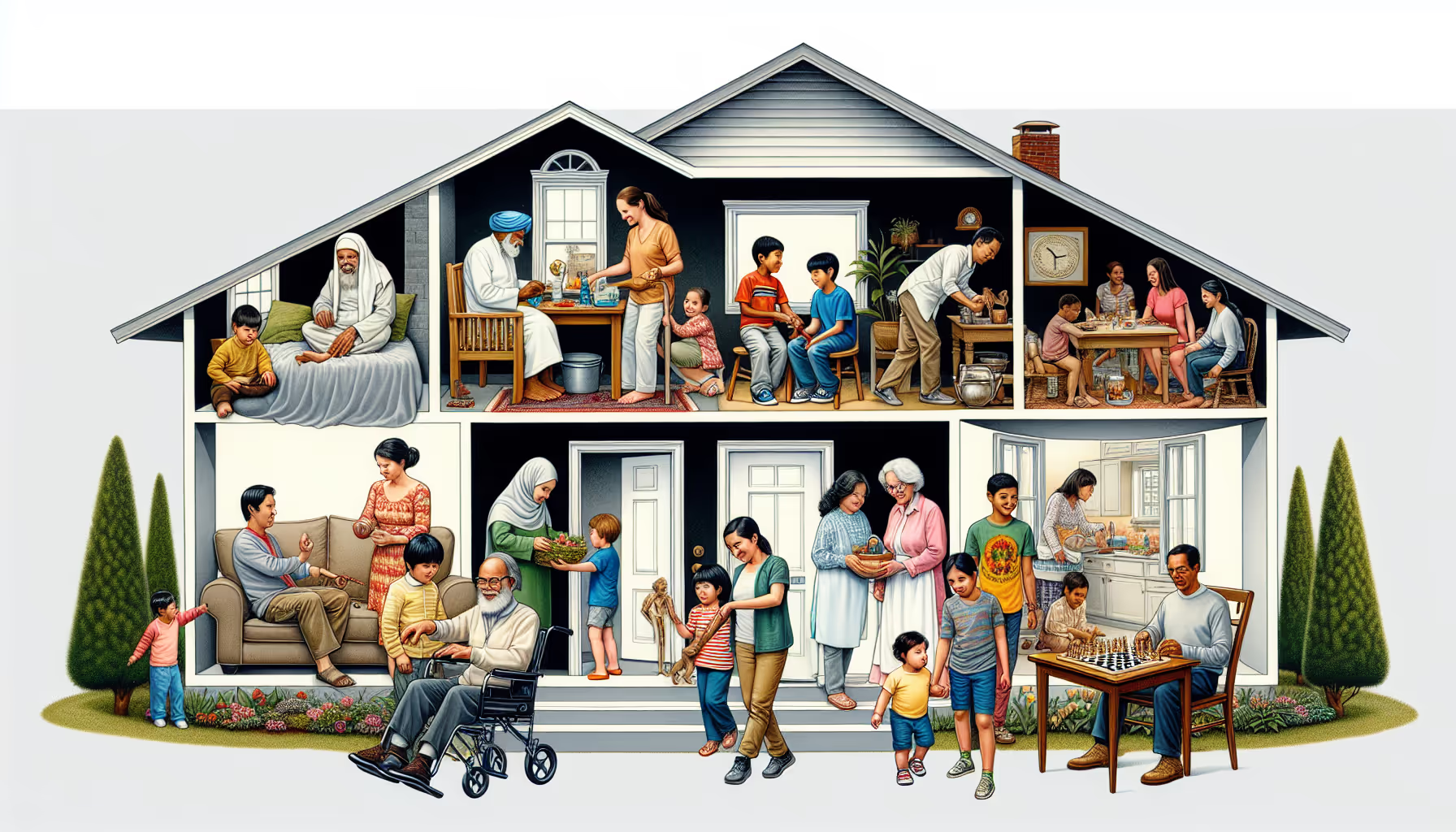
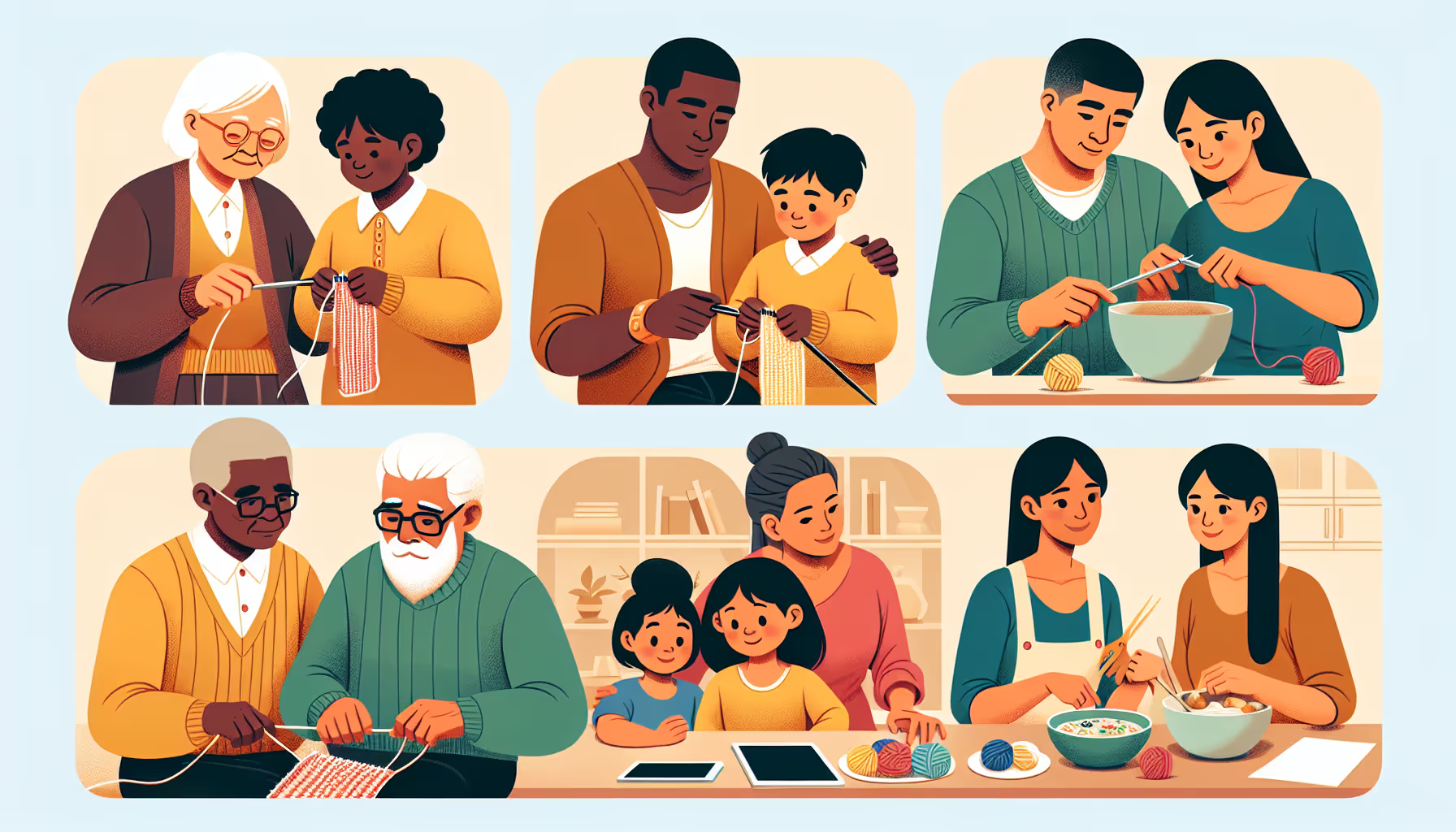







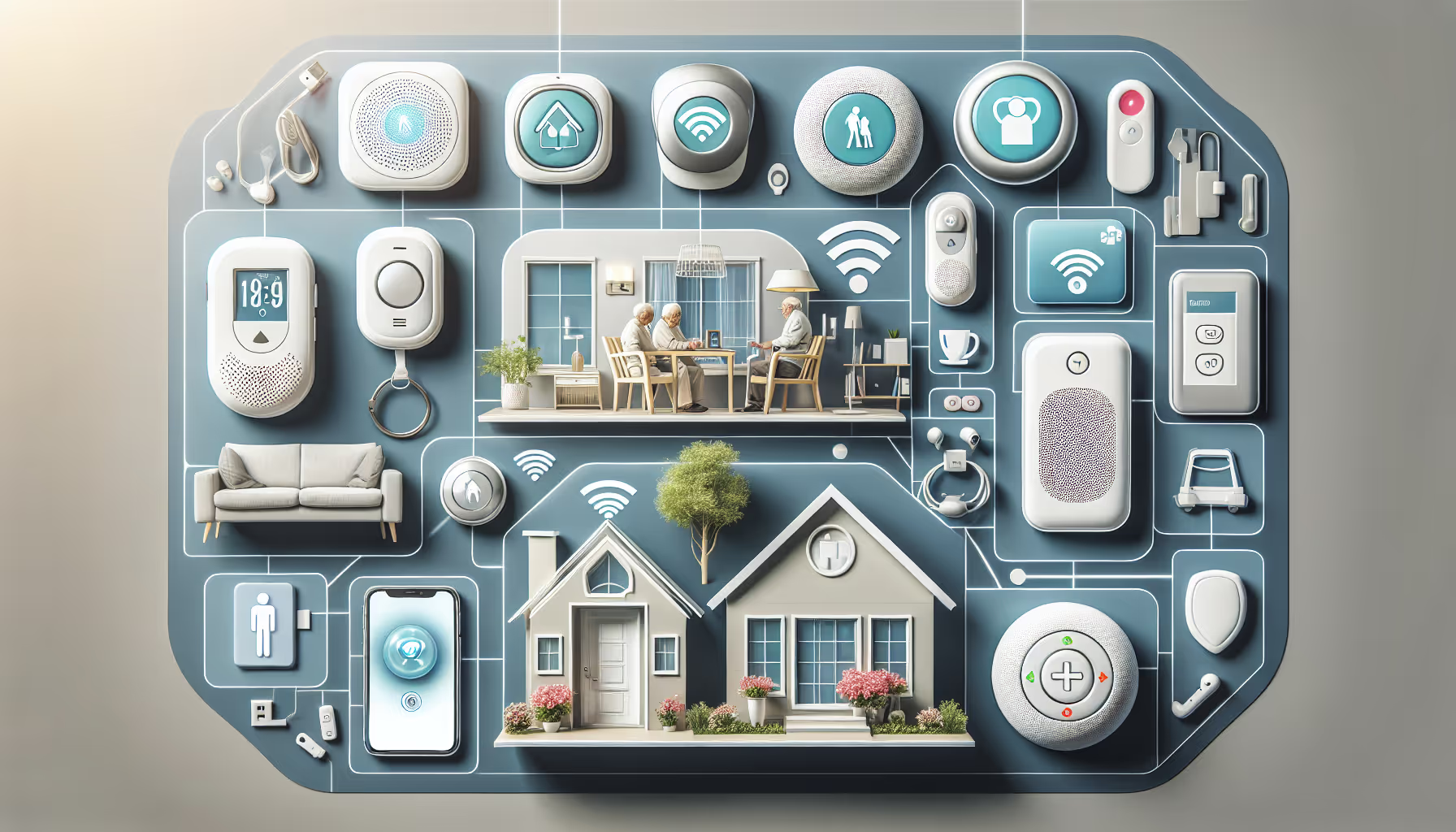
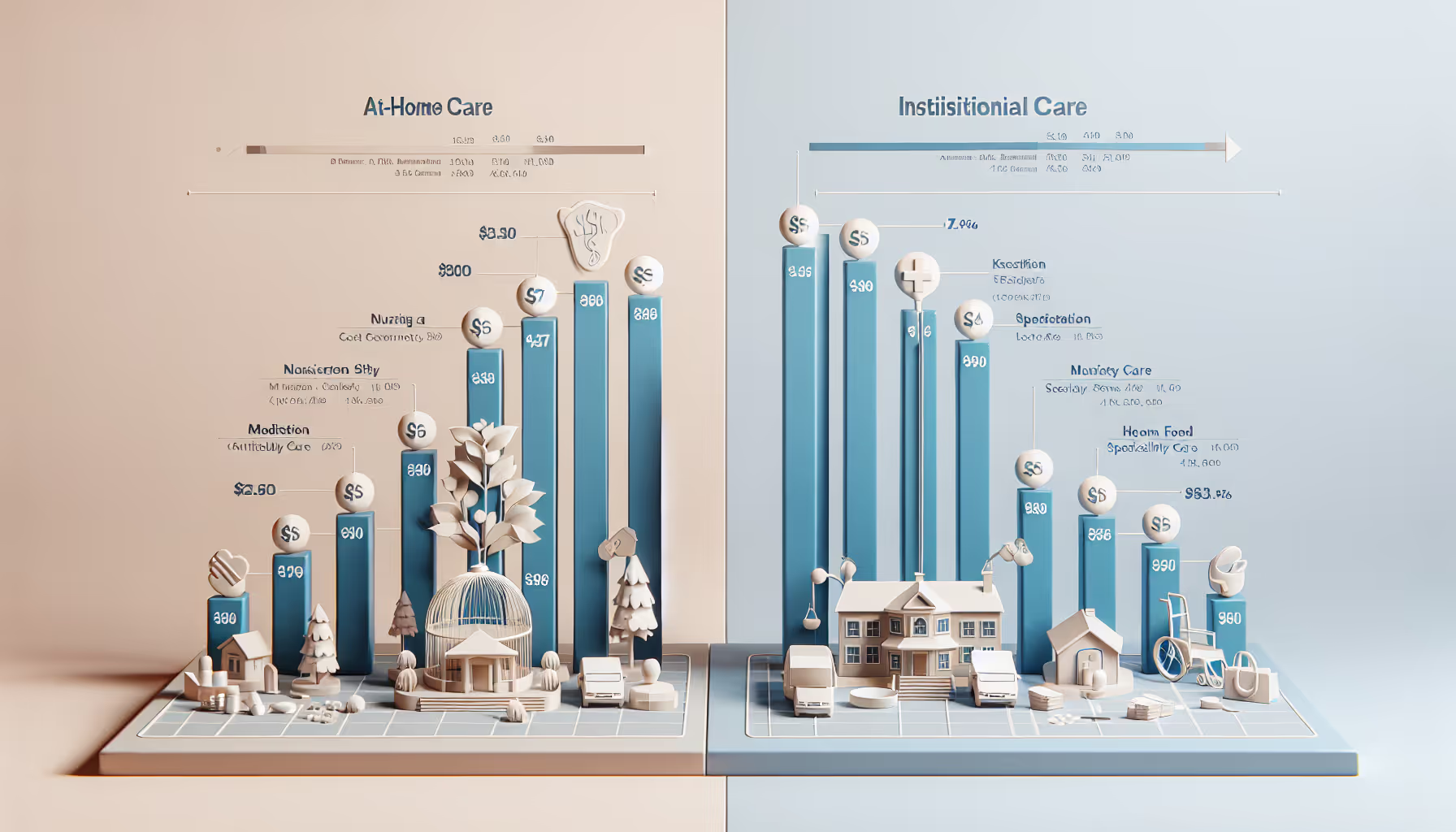
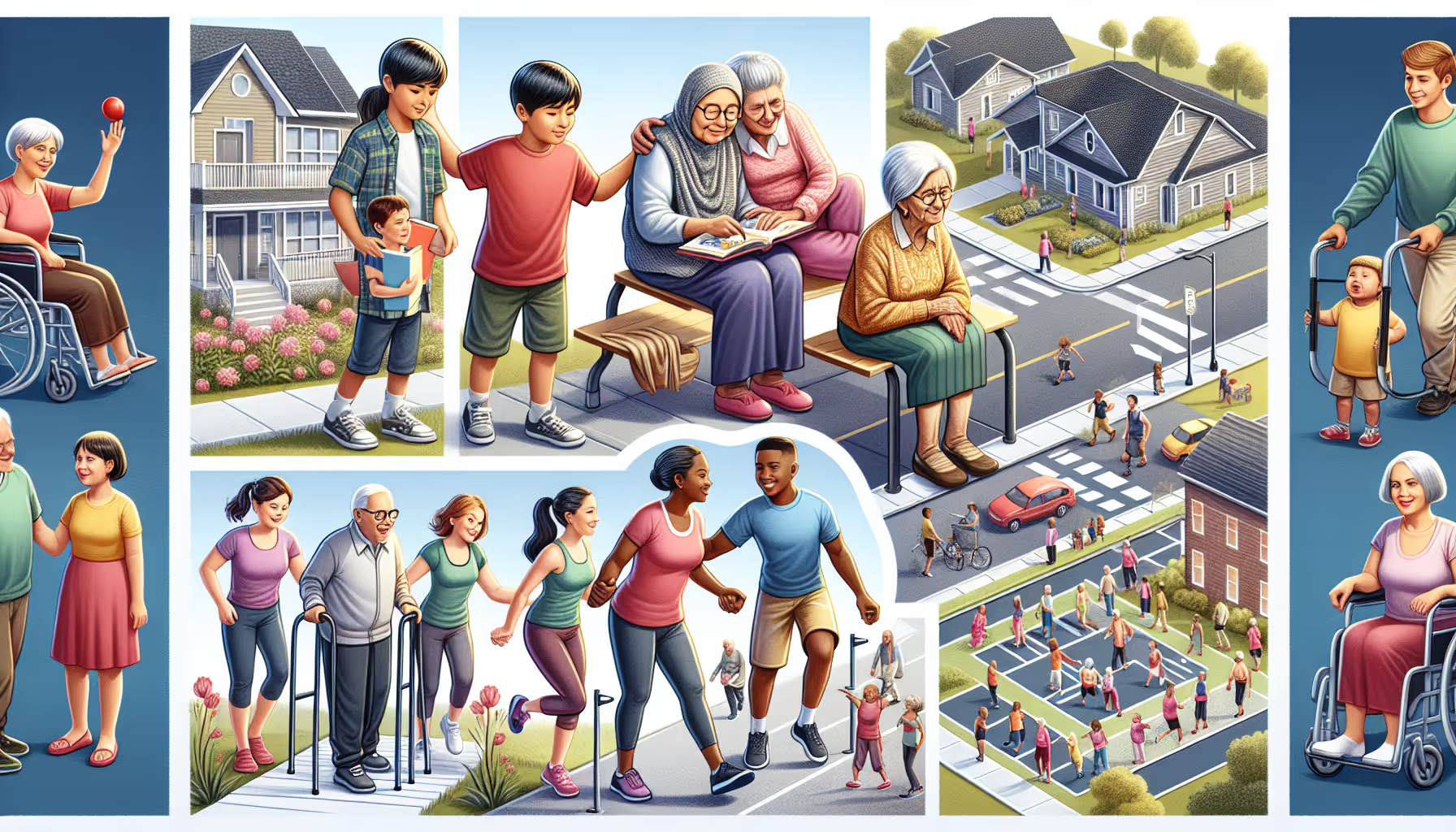










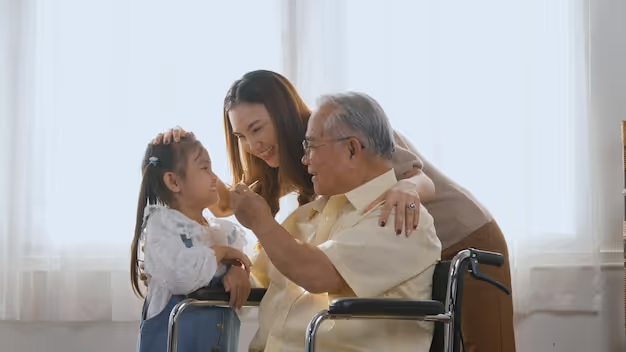


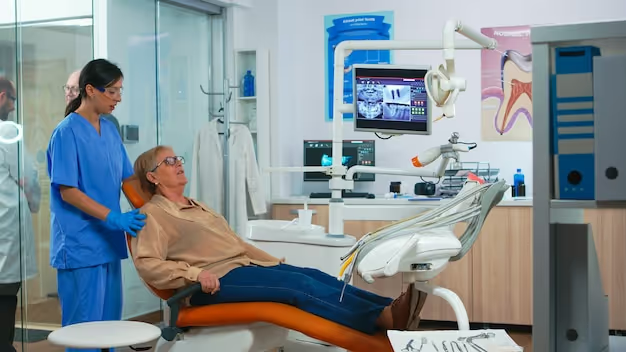

.avif)

